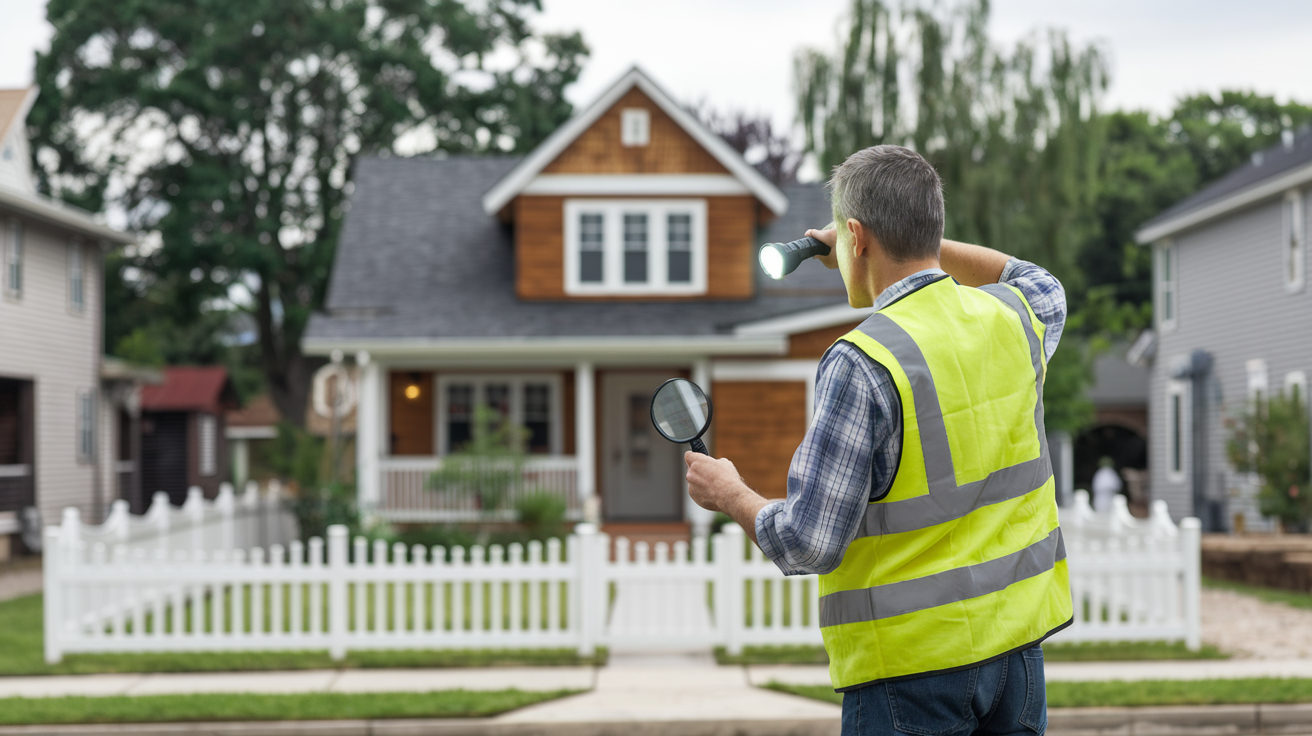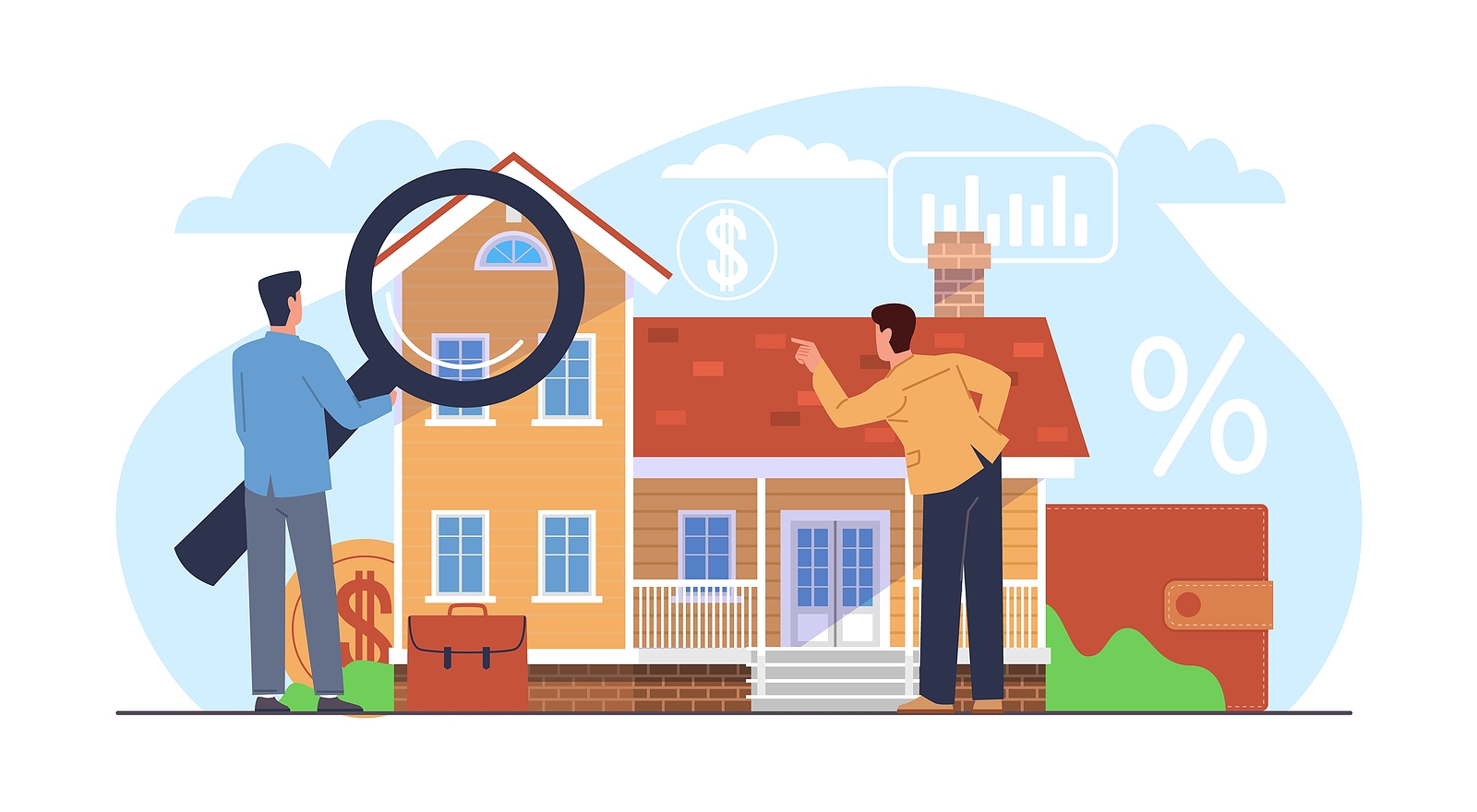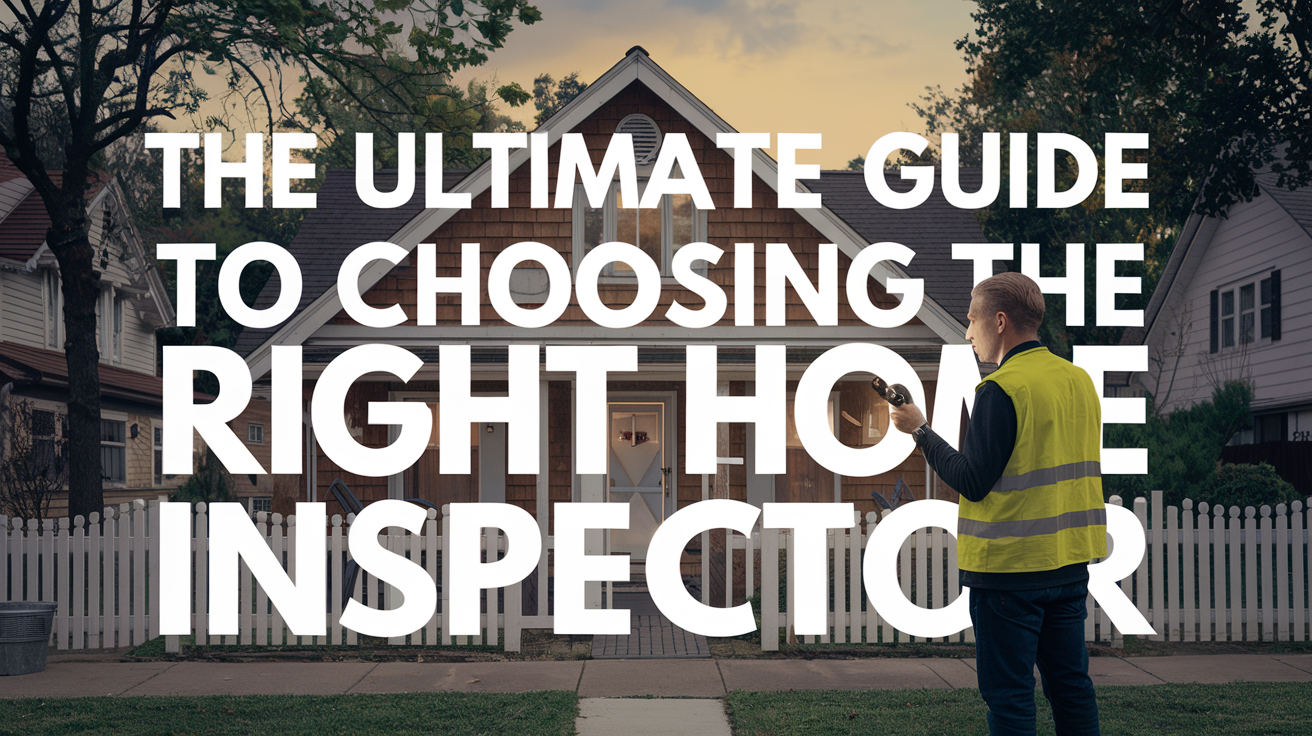Investing in real estate is a major financial commitment, and ensuring the property is in sound condition is essential to avoid costly surprises. One of the most effective ways to protect your investment is by hiring a qualified home inspector. A thorough home inspection reveals the true condition of a property, helping you make an informed decision based on its structural integrity, mechanical systems, and potential issues.
While some buyers may be tempted to skip this step or opt for the cheapest inspector, this can be a costly mistake. A detailed inspection can uncover hidden problems, from outdated wiring and plumbing issues to roof damage or foundation concerns—problems that could cost thousands of dollars to repair.
In this comprehensive guide, you will learn:
- The role and responsibilities of a home inspector
- The key qualifications and certifications to look for
- The costs associated with home inspections and factors that influence pricing
- How to locate and vet a reputable home inspector
- Critical questions to ask before hiring
- Tips on interpreting the inspection report and using it to negotiate effectively
What Is the Role of a Home Inspector?
A home inspector is a trained professional responsible for evaluating the physical structure and essential systems of a property. Their role is to identify current issues, uncover potential future problems, and provide a comprehensive report outlining their findings.
What Does a Home Inspection Cover?
A standard home inspection typically examines the following components:
- Roof: The inspector evaluates the condition of the shingles, flashing, gutters, and overall drainage. They check for signs of leaks, missing or damaged shingles, and structural integrity.
- Foundation and Structure: Cracks, shifting, and settlement issues are assessed. Inspectors look for uneven floors, gaps around doors or windows, and other signs of structural instability.
- Plumbing: The inspector checks water pressure, identifies leaks, and evaluates drainage systems. They may also assess the condition of water heaters and sewer lines.
- Electrical Systems: Outlets, wiring, circuit breakers, and panels are inspected for functionality and safety. Inspectors identify outdated or hazardous wiring.
- Heating, Ventilation, and Air Conditioning (HVAC): The condition and efficiency of the heating and cooling systems are evaluated. Inspectors ensure the units are operating properly and assess their remaining lifespan.
- Windows and Doors: Inspectors check for proper operation, insulation quality, and potential air or water leaks.
- Insulation and Ventilation: The presence and effectiveness of insulation is evaluated. Inspectors check for ventilation issues that could lead to moisture accumulation and mold growth.
Why Is a Home Inspection Important?
A home inspection serves multiple purposes.
- Identifies hidden defects: Even newer homes can have hidden issues that aren’t visible during a routine showing. An inspector’s trained eye can catch problems that could be missed by an untrained buyer.
- Prevents costly surprises: Discovering major structural or mechanical issues after purchasing the property can result in unexpected and expensive repairs. An inspection helps you avoid these pitfalls.
- Provides negotiation leverage: If the inspection reveals significant problems, you can negotiate repairs, request a price reduction, or even walk away from the deal.
- Ensures safety and compliance: Inspectors check for safety hazards such as faulty wiring, gas leaks, or deteriorating structures that may pose a danger.
Key Qualities to Look for in a Home Inspector
Choosing a qualified and experienced home inspector is essential to receiving a thorough and accurate assessment of the property. Here are the key attributes and qualifications to prioritize during your search:
Credentials and Certifications
A reputable home inspector should possess the appropriate licenses and certifications required by your state. In many regions, home inspectors must be licensed or certified to practice legally. Always verify the inspector’s credentials and ensure they are up to date.
Professional affiliations add another layer of credibility. Look for membership in industry organizations such as:
- American Society of Home Inspectors (ASHI): ASHI members are required to adhere to a strict code of ethics and standards of practice.
- International Association of Certified Home Inspectors (InterNACHI): InterNACHI-certified inspectors undergo rigorous training, testing, and ongoing education.
- National Academy of Building Inspection Engineers (NABIE): NABIE certifies engineers and architects specializing in building inspection, offering a higher level of technical expertise.
Experience and Specialization
Experience matters when it comes to home inspections. An experienced inspector is more likely to identify subtle issues that a novice might overlook. When evaluating candidates, inquire about:
- Years of experience: Inspectors with several years of practice have encountered a wide range of property issues and can provide deeper insights.
- Property specialization: If you are purchasing an investment property, such as a multifamily building or commercial unit, hire an inspector with relevant expertise.
Thoroughness and Attention to Detail
A high-quality inspector leaves no stone unturned. They should perform a meticulous evaluation and provide a detailed report with clear explanations and photographic evidence. An inspector who rushes through the process or offers vague findings is unlikely to provide the thorough assessment you need.
Communication Skills
Your inspector should be able to clearly explain their findings in layman’s terms. During the inspection, they should welcome your questions and walk you through any areas of concern. Post-inspection, they should be available to clarify any points in their report.
Home Inspection Costs: What to Expect
The cost of a home inspection varies based on factors such as the property’s size, age, location, and the inspector’s experience. While it may be tempting to choose the lowest-priced inspector, this can be a risky move. An inexperienced or low-cost inspector may overlook significant issues, costing you far more in the long run.
Average Home Inspection Costs by Property Size
Here is a general breakdown of home inspection costs based on square footage:
| Home Size (Square Feet) | Average Cost |
|---|---|
| 800 | $145 – $200 |
| 1,000 | $180 – $250 |
| 1,400 | $250 – $350 |
| 1,800 | $325 – $450 |
| 2,200 | $395 – $550 |
Additional Inspection Costs
Some properties require specialized inspections, which come with additional fees:
- Radon testing: $150 – $300
- Mold inspection: $300 – $600
- Pest inspection: $75 – $200
- Sewer line inspection: $250 – $500
While these optional services add to the overall cost, they provide valuable insights into potential hazards or maintenance issues that may not be included in a standard inspection.

How to Find a Qualified Home Inspector
Finding a reliable home inspector requires careful research and due diligence. Here are some trusted resources to help you locate a qualified professional:
Real Estate Agents
Many real estate agents have a list of preferred inspectors they frequently work with. While this is a convenient option, be cautious of potential conflicts of interest. It’s important to independently verify the inspector’s credentials and reputation.
Industry Directories and Associations
Use online directories from recognized organizations:
- ASHI and InterNACHI: Both organizations offer directories where you can search for certified inspectors by location.
- Better Business Bureau (BBB): The BBB provides information on local inspectors, including customer reviews and any filed complaints.
Online Reviews and Referrals
Consumer review sites such as Google, Yelp, and Angi provide valuable insights into the experiences of past clients. Read reviews carefully, paying attention to comments about thoroughness, professionalism, and reliability.
10 Essential Questions to Ask Potential Home Inspectors
When interviewing potential home inspectors, ask the following questions to assess their qualifications and expertise:
- What does your inspection cover?
- How long have you been inspecting homes?
- Are you licensed and certified in this state?
- Are you a member of any professional associations?
- Can you provide references from past clients?
- Do you have experience inspecting investment properties?
- What type of report do you provide?
- How soon will I receive the report?
- Do you carry professional liability insurance?
- Do you offer any follow-up consultations?
Take the Next Step: Protect Your Investment with a Trusted Home Inspector
Choosing the right home inspector is a crucial step in the real estate investment process. A thorough inspection reveals both current issues and potential future risks, helping you make an informed and confident decision. By prioritizing experience, certifications, and attention to detail, you can ensure that your investment is protected from costly surprises. As your trusted real estate partner, we’re here to help you make confident, informed decisions. Let us connect you with a qualified home inspector to ensure your investment is protected. Reach out today to schedule your inspection and take the next step toward securing your dream property.

Credit: Article from THE CLOSE.




